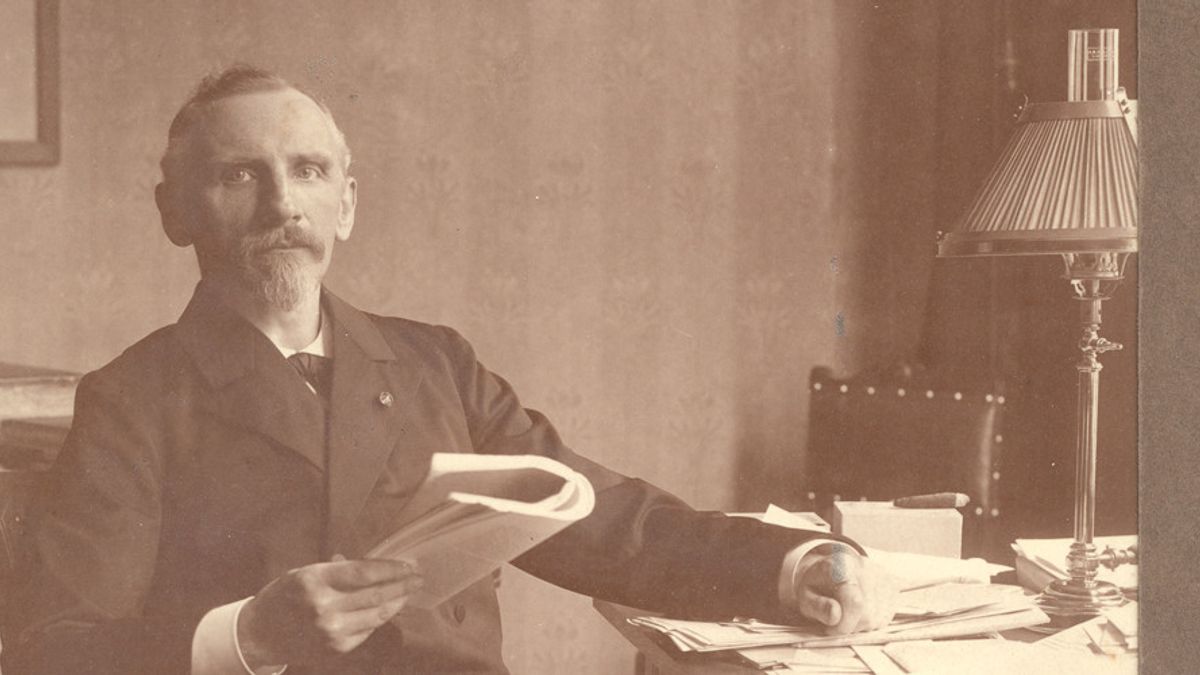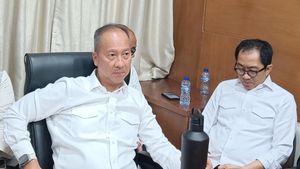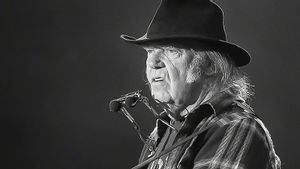JAKARTA History today, 118 years ago, November 12, 1904, Advisor to the Dutch East Indies Bumiputra Affairs, Snouck Hurgronje wrote a letter to Governor Generalkoris Benedict van Heutsz. Snouck advised the government to be aware of the spread of Pan-Islamism in the Dutch East Indies.
An understanding that invites anti-colonialism Muslims. Snouck realized that understanding would be dangerous if allowed to spread. Therefore, the colonial government must immediately take a stand.
The Dutch colonial government initially never restricted the pilgrimage to the bumiputras. The religious affairs were left to the respective bumiputras. However, the pilgrimage is in fact not only about getting closer to religion, but also getting closer to dangerous import understandings for the Dutch. Pan-Islamism is called.
Ulama who returned from the pilgrimage then spread that understanding throughout the country. Pan-Islamism is taught everywhere. Mosques are the main means of spreading understanding that strongly rejects colonialism. The narrative of rebellion surfaced.
The agenda of expelling the Dutch from the archipelago became the main thing. Christian rulers cannot rule Muslims. That is propaganda that spreads a lot in Nusanara. From scholars to commoners.
However, the colonial government considered it a passing wind. The Dutch felt they had great power. They considered the power the scholars were not able to trouble the Dutch.
The Pan-Islamism idea, whatever it is - the idea is a ghost circulating everywhere like today's Islamic fundamentalism should not be allowed to spread to the Dutch East Indies. The connection with Western culture is the ultimate reference for the colony. Islamic culture is antithesis to that goal.
"Every indication that in their daily life, it is not their religion that Muslims prefer Islamic or East ways rather than Western ways to be considered a step back on the path to civilization and an indication of anti-Dutch mentality. Education and schools with fez are seen as an image of almost treason by some people, it is a measure of loyalty to the Dutch or the severity of contracting someone by the ideas of Pan Islamism," said Kees van Dijk in the book Khindia Netherlands and World War I 1914.
All of the Bumiputra affairs advisers of the colonial government of the Dutch East Indies were furious. They considered the potential for great danger if they allowed Pan-Islamism to continue to spread. This was also felt by Snouck Hurgranje.
He also did not tire of warning the Dutch to be vigilant. The warning was shown by Snouck by letter to the Dutch East Indies officials on November 12, 1904. He also warned that the Dutch must be wary of the press which is able to ignite the spirit of Pan-Islamism to spread.
"It's true that the experience of these years has scared me, that rational arrangements regarding the Arab nation in the Dutch East Indies will not materialize before there are striking facts that will force it."
"However, I argue, that I must ask that the Central Government once pay attention to the press or other Pan-Islamic means of legitimacy that work in this country. Although this is only to prevent doubt, in case this issue will arise again in the future," said Snouck Hurgronje as written in the book Nashah-Nasnih C. Snouck Hurgranje During his staffing to the Government of the Dutch East Indies 1889-1936 (1994).
The English, Chinese, Japanese, Arabic, and French versions are automatically generated by the AI. So there may still be inaccuracies in translating, please always see Indonesian as our main language. (system supported by DigitalSiber.id)












